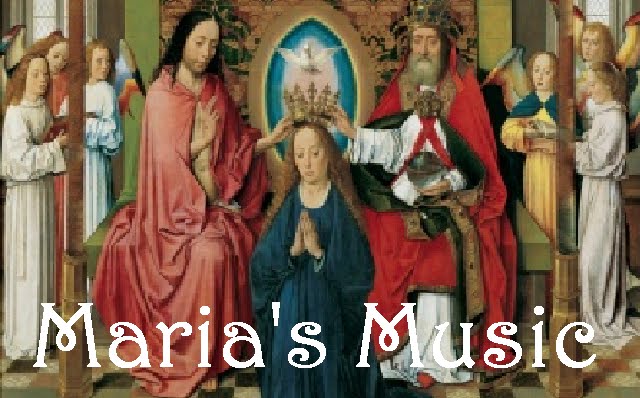In order to have a general platform to start with, I believe these lyrics are about your purpose in the world. The author of the lyrics serves as a moral conscience, leading the subject away from a life of material "happiness" and into a world of true happiness. In the author's mind you can't be happy with a huge house, a nice car, a good job, all the respect in the world and all the money you could never spend. I think the Ivan Ilyich character in Tolstoy's novel serves as a great representation of what the author is steering the subject away from.
"Listen up lovely / hear what the evening sees in you / lilacs and land mines"
"Hear what the evening sees in you". Firstly, sight is absolutely essential to a life of material goods. How can you possibly choose the most beautiful house if you cannot see? And how could you possibly envy your neighbor's more beautiful house if you could not see? Knowledge, love of God, love of neighbor... all of those things don't require sight. The author doesn't ask that "lovely" look, see, watch... no. He asks her to listen. Secondly, humans cannot see in the evening. So "evening" must be something extra-human. By asking "lovely" to listen the author is asking her to take a step back from material life and to listen to a different world, a divine world.
You will never see God while you are on earth. You can have faith in him, knowledge of him, and love him, but you will never see him. You have to listen to him, and abandon your sight. "Listen up lovely / hear what the evening sees in you". How wonderful would it be to hear something that no human could ever tell you? But you have to listen, not see because you can't see the evening. And to listen you have to step back from your material life.
And of course what does the evening see? It sees lilacs and land mines. You will notice picture of each. One is beautiful and one is not. With the obvious out of the way: everybody is a bit evil and a bit lovely. The moment you think that you are not evil God will convince you that you are in fact evil, just as Evening tells Lovely that it sees land mines in her. A land mine is latent evil that hasn't yet exposed itself, but it will one day unless great effort is taken to destroy it. Sin is the same way. Temptation will always be latent in your soul unless you undergo great efforts to destroy every trace of sin left in you. So Evening sees both love of God and sin in Lovely.
There is more to the "lilacs and land mines" line. Think of a seed. You plant it in the ground, and it disappears, and a beautiful flower sprouts. The seed is no longer there, but the flower produces more seeds. That first seed dies so that other seeds can live. Lilacs are also associated with the color purple, which is a color or royalty. The lilac then embodies a royal self-sacrifice, and out of this comes beauty and life. Just like Jesus. He royally sacrificed himself, and out of it comes the forgiveness of sin (i.e. evil), and a world without evil is inherently beautiful and lively.
The land mine conjures up different ideas. You plant it in the ground just like you do a seed, but you put it in the ground in a sneaky, underhanded way. There is no hope of more life coming from this type of seed. The only thing born from a land mine is further strife. All human life around it dies. Sounds like John 1:7: "but if we walk in the Light as He Himself is in the Light, we have fellowship with one another, and the blood of Jesus His Son cleanses us from all sin [evil]."
More to come.
Examination by Evening's light (but not as happy as that Stella song)
January 21, 2008 | |
Subscribe to:
Post Comments (Atom)

1 comments:
It's a good interpretation. I'd add a few things. The song seems to be about transformation; the transformative quality inside of everyone, even beautiful girls who don't yet know their potential for beauty and violence:
Lilacs and landmines
Yet both lilac and landmine offer transformation, a blossom into some other realm of experience. What then? Love, pain, sorrow? Are these things that distinct? The realm of the magical, the evening twilight, does not make a distinction. Both smelly flower and manmade weapon are darkened in the night and congeal into one shadow. The dark recesses of the soul offer both beauty and violence both of which must be dealt with. The opening, then, is like "Hwaet!" Pay attention! Behold I offer you a new heaven and a new earth, it's up to you to choose which you will engage in; choose to live for more than that experience in the backseat of the chevy, choose to live for more than just the attraction of males; more than just the string of experiences most people call life. The alternative to such thought, realization, and choosing is death.
Post a Comment